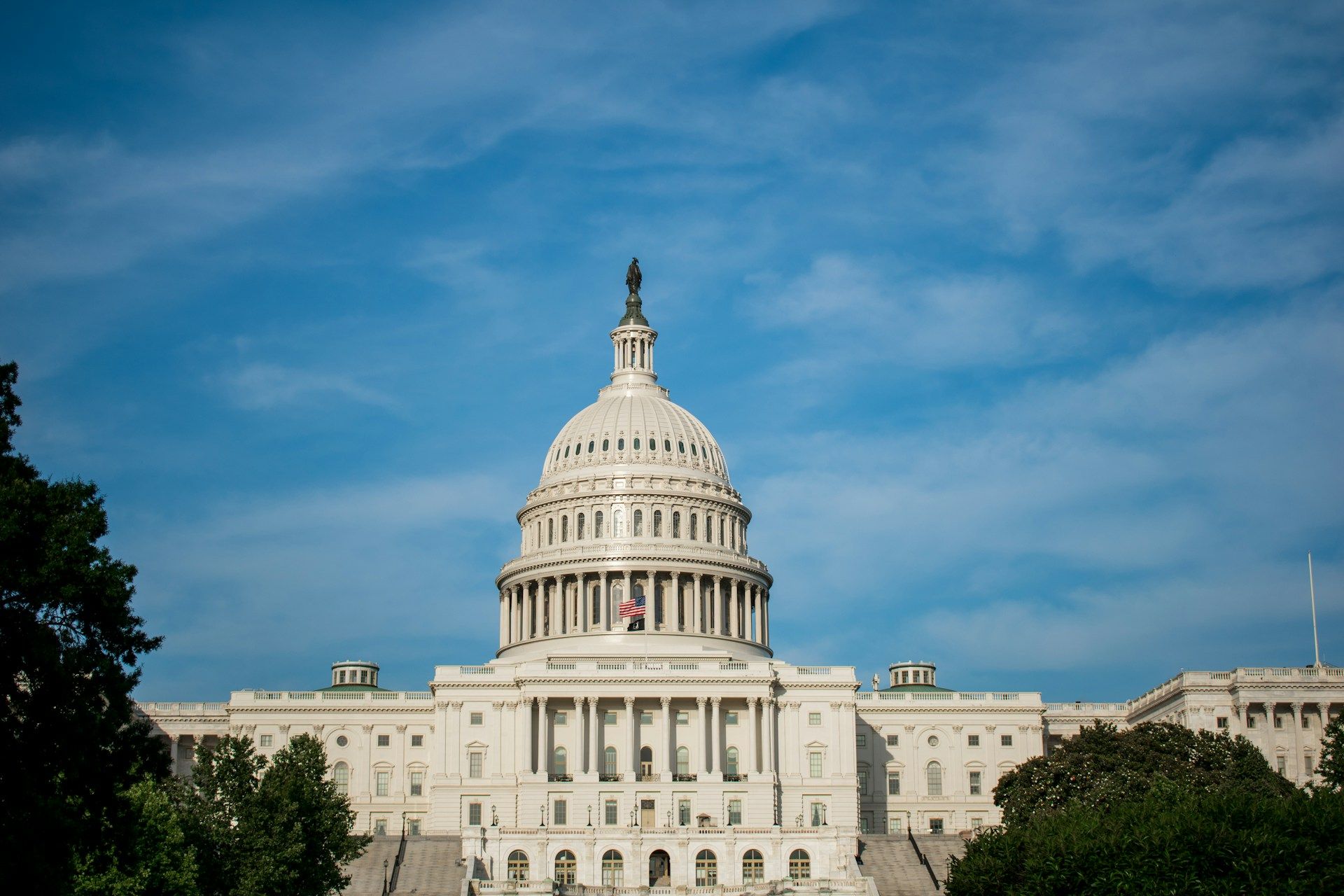
Ensuring Financial Privacy in Stablecoin Legislation
Legislation regarding stablecoins must avoid leading to excessive financial surveillance of users, as experts emphasize.
Introduction
Efforts by the U.S. Congress to create regulations for stablecoins are underway, yet concerns persist about how these regulations might infringe on user privacy.
Key Discussions
Lawmakers from both the Senate and House are deliberating over bills intended to regulate stablecoins. Among those voicing skepticism is Senator Elizabeth Warren (D-MA), who cautioned that the Senate’s GENIUS Act could potentially enhance terrorist financing capabilities.
Similarly, during discussions on the STABLE Act, Representative Brad Sherman (D-CA) raised alarms about the risks associated with unregulated wallets.
Both legislative proposals incorporate substantial provisions addressing illicit financial activities, aiming to bring stablecoin issuers under the Bank Secrecy Act (BSA). However, the critical challenge is to ensure that compliance measures do not lead to invasive monitoring of stablecoin transactions.
The Nature of Stablecoins
Stablecoins are digital currencies designed to maintain a consistent value by linking them to external assets such as the U.S. dollar. Their stable nature is expected to facilitate transactions in the digital economy.
The proposals in Congress aim to fortify regulations that ensure stablecoin reliability while addressing concerns about preventing illegal financial activities.
Surveillance and Privacy
Key to discussions is the BSA, which obliges financial entities to assist in detecting and preventing money laundering. Current discussions indicate a desire to classify permitted stablecoin issuers as financial institutions.
Yet imposing compliance with the BSA means that self-hosted wallet transactions might inevitably attract surveillance, an issue participants like Representatives Bryan Steil (R-WI) and Bill Hagerty (R-TN) vehemently oppose. They argue such requirements could unjustly infringe upon individual liberties.
Ultimately, the proposed legislation must guarantee that non-intermediated transactions maintain a level of privacy comparable to that of cash transactions.
Conclusion
Legislation impacting stablecoins must recognize the fundamental right to privacy while enacting necessary measures to combat illicit activities. Preserving financial privacy is not merely protecting the interests of criminals; it ensures the rights of all citizens against undue government surveillance.


